Infectious Disease Graduate Programs
Infectious disease graduate programs. For more information about the PhD program see the Division of Biological Sciences. Infectious Disease PhD Track The goal of the PhD programs Infectious Disease specialty is to prepare scientists to become future research and academic leaders in the field of infectious diseases. Doctor of Philosophy PhD Master of Science MS Master of Public Health MPH Within the MPH program two concentrations are available.
The Master of Science in Infectious Disease INFD program offered by the Department of Microbiology Immunology and by the Institute for Molecular Medicine Infectious Disease IMMID provides graduate-level training in the area of infectious disease. Ii to train the next generation of scientists in biomedical clinical and health outcomes research. Graduate Programs Interdisciplinary programs.
Infectious Disease Pathogenesis Eradication and Laboratory Practice PEL Infectious Disease Management Intervention and Community Practice MIC. Immunology Pathology Infectious Disease Graduate Program. The core philosophy of the program is that interactions between basic.
This program brings together an internationally recognized clinical program in infectious diseases and international health and superb basic molecular and cellular biologists. The Graduate Certificate in Infectious Disease Epidemiology offered and administrated through the Department of Epidemiology and Biostatistics provides UGA graduate students who have a strong interest in infectious diseases at the human population level a program of. Allergy Immunology and Infectious Disease Research and education in the Allergy Immunology and Infectious Diseases AIID concentration in the PhD Program in Integrated Biomedical Sciences is focused on interdisciplinary approaches to the study of how microbes interact with the host to cause disease and how the immune system responds to allergens infection and neoplasms.
Emphasis is placed on the interactions of pathogenic and opportunistic microogranisms with the normal and immunodeficient host. Demonstrate knowledge of infectious disease processes in individuals including microbiology and pathogenesis of bacterial viral parasitic and fungal organisms and the host response. Ingestive Behavior Research Center.
Upon completion of the MPH degree graduates from the Infectious Disease concentration will demonstrate proficiency in the following competencies. The Infectious Disease Track in the Master of Science in Biomedical Sciences Program is a nonthesis plan of study for students who want to further their knowledge in the infectious disease field and who may pursue doctoral training or professional education focused on medicine and infectious disease. Ecological Sciences.
The Infectious Diseases ID Training Program is currently in its 4th decade of consecutive NIH funding. Important aspects of our graduate training program include.
The IPID Program offers opportunities for.
For those interested in a research-driven career in academia or industry our Department of Infectious Diseases offers a PhD program with training in many disease relevant disciplines such as molecular virology pathogenic bacteriology classical and molecular parasitology epidemiology immunology avian disease and wildlife disease. Allergy Immunology and Infectious Disease Research and education in the Allergy Immunology and Infectious Diseases AIID concentration in the PhD Program in Integrated Biomedical Sciences is focused on interdisciplinary approaches to the study of how microbes interact with the host to cause disease and how the immune system responds to allergens infection and neoplasms. And iii to make program members aware and. Demonstrate knowledge of infectious disease processes in individuals including microbiology and pathogenesis of bacterial viral parasitic and fungal organisms and the host response. Doctor of Philosophy PhD Master of Science MS Master of Public Health MPH Within the MPH program two concentrations are available. Upon completion of the MPH degree graduates from the Infectious Disease concentration will demonstrate proficiency in the following competencies. For those interested in a research-driven career in academia or industry our Department of Infectious Diseases offers a PhD program with training in many disease relevant disciplines such as molecular virology pathogenic bacteriology classical and molecular parasitology epidemiology immunology avian disease and wildlife disease. Ingestive Behavior Research Center. Computational Science.
The Infectious Diseases ID Training Program is currently in its 4th decade of consecutive NIH funding. Immunology Pathology Infectious Disease Graduate Program. The IPID Program offers opportunities for. The Master of Science in Infectious Disease INFD program offered by the Department of Microbiology Immunology and by the Institute for Molecular Medicine Infectious Disease IMMID provides graduate-level training in the area of infectious disease. Ingestive Behavior Research Center. Infectious Disease Pathogenesis Eradication and Laboratory Practice PEL Infectious Disease Management Intervention and Community Practice MIC. The Department of Pathology and Microbiology at the University of Nebraska Medical Center hosts the Immunology Pathology Infectious Disease IPID Graduate Program which is part of Integrated Graduate Program in Biomedical science IGPBS.












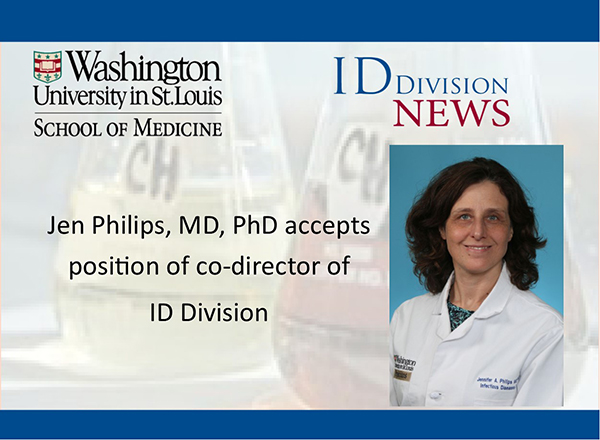






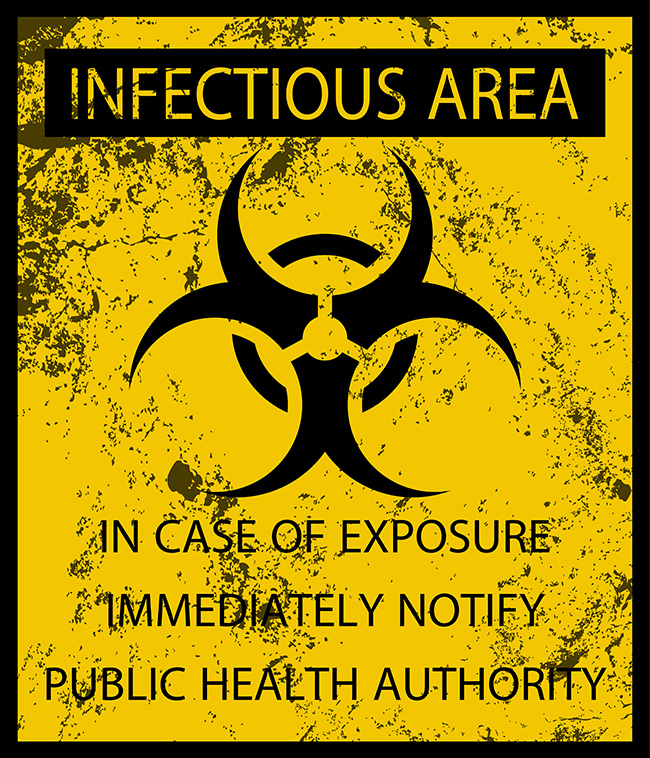



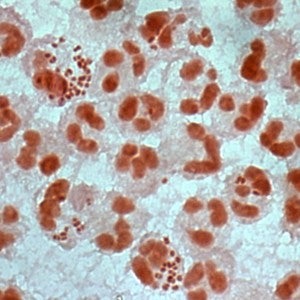













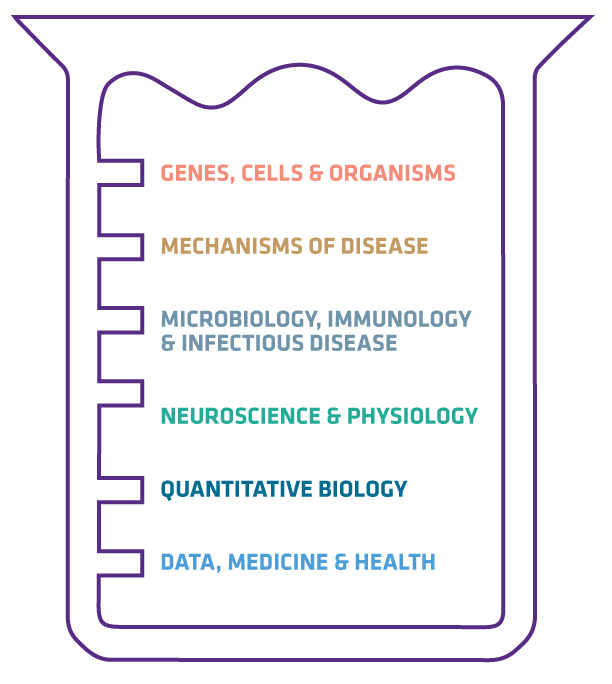




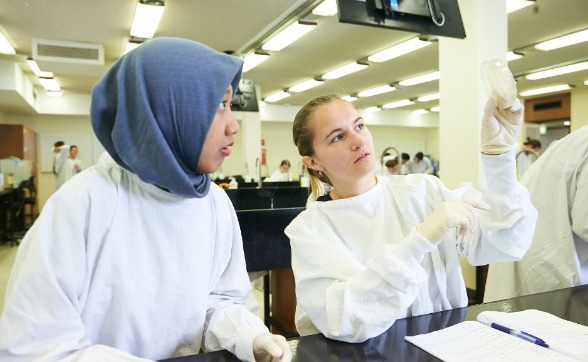


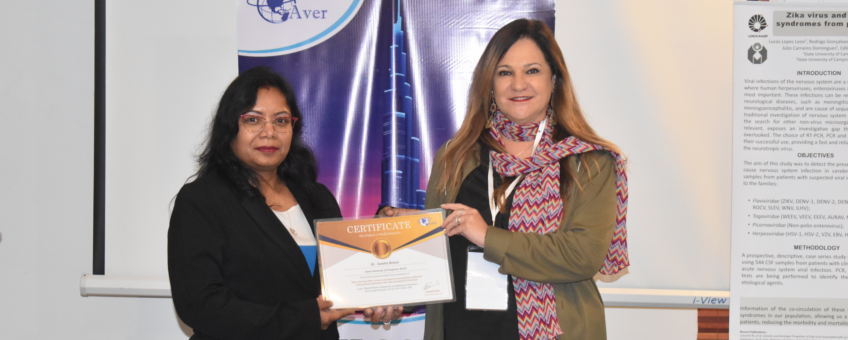



Post a Comment for "Infectious Disease Graduate Programs"